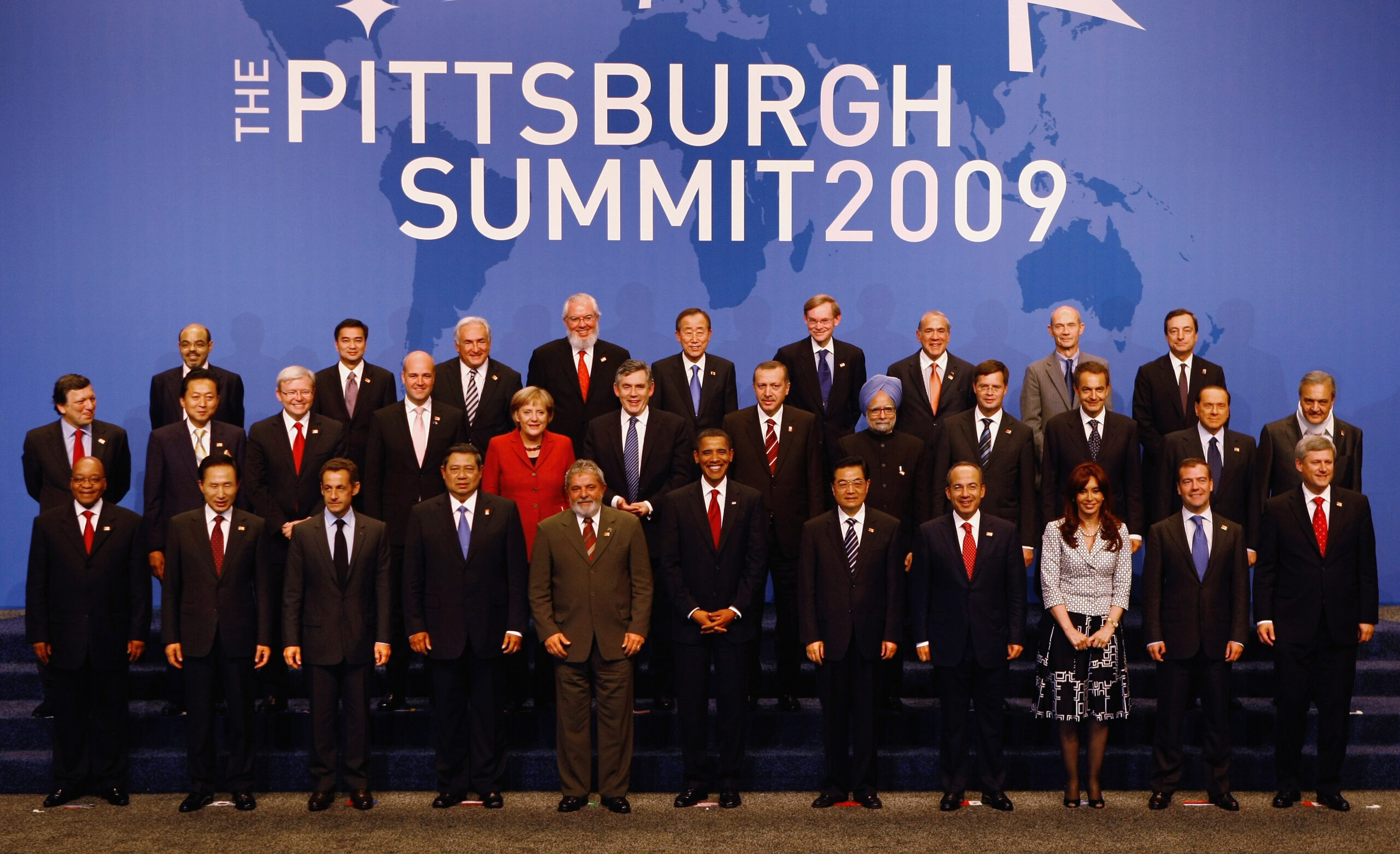An otherwise spot-on commentary in the Tribune-Review this past week – “Progressives sacrifice Pittsburgh’s prosperity for activist politics” – was marred by two fictions.
The first was that hosting political conventions somehow is a great economic generator. The second was that national media exposure for the city somehow creates intangibles that far outweigh any negative consequences.
Neither is accurate.
The Trib commentary essentially drew, quartered and eviscerated “progressives” who, predictably playing politics, opposed the city’s bid for the 2024 Republican National Convention (it also bid for the Democrats’ confab that year, too).
The commentator, Andrew Cuff, chided these “progressives” for typically gauche behavior – i.e., such as, but not limited to, that all Republicans apparently are “haters” and/or “white supremacists,” among other pejoratives.
But the writer – who works for Knight Takes Rook, a “political agency“ of Beck and Stone, a company that “consults institutions on connecting with American culture, design experience for ambitious enterprises, and partners with world-class agencies to direct iconic brands” – repeated assumptions that long have been debunked as false.
The first is that these conventions bring wonderful economic benefits to the host city.
But as Fortune magazine noted in 2016:
“In fact, such hosting is often a drain on local finances and productivity, warns Victor Matheson, an economics professor at the College of the Holy Cross in Worchester, Mass., who examined decades of municipal hosting experiences.
“‘Hotels, limo drivers and police officers often fare well. And mayors who like to rub elbows with presidential candidates,’ he said. Beyond that, Matheson says, convention visitors crowd out other economic activity, creating losses that typically are not factored into economic impact studies.
“’We looked at the impact of such conventions on city economies from 1972 to 2004, and we couldn’t find any positive economic benefit,’” said Matheson.”
Additionally, Cuff talks of the positive exposure Pittsburgh would have received, supposedly worth its proverbial weight in gold. He apparently has forgotten, or did not know, of Pittsburgh’s last experience with a surefire economic generator that would give it great exposure – the 2009 G20 economic summit of nations.
The world saw a Pittsburgh whose Downtown largely was locked down and business owners who saw not a wonderful uptick in business but little or no business. Many shut down for the duration of the gathering.
It was a disaster, economically and for chamber of commerce types’ public relations purposes.
Additionally, Cuff contends that it was “progressive” trash-talk that scuttled Pittsburgh as a possible host city for the Republican gathering in 2024.
While we will stipulate that the “progressives’” war of words was particularly bad (even by “progressive” standards), Cuff’s contention simply is not true.
VisitPittsburgh, the city’s tourist bureau, said it was forced to pull out of contention because it did not have the kind of money other cities were lavishing on organizers to lobby Pittsburgh’s cause.
And that’s not a bad thing in our book, considering that taxpayers have no business doing the bidding of any political party by subsidy proxy.
Indeed, far too many “progressive” public policy prescriptions are more akin to cyanide than any bona fide curative. But Cuff’s defense of political conventions as an exemplar of what they clearly are not sorely misses the mark.
Widely. And wildly.
Colin McNickle is communications and marketing director at the Allegheny Institute for Public Policy (cmcnickle@alleghenyinstitute.org).



